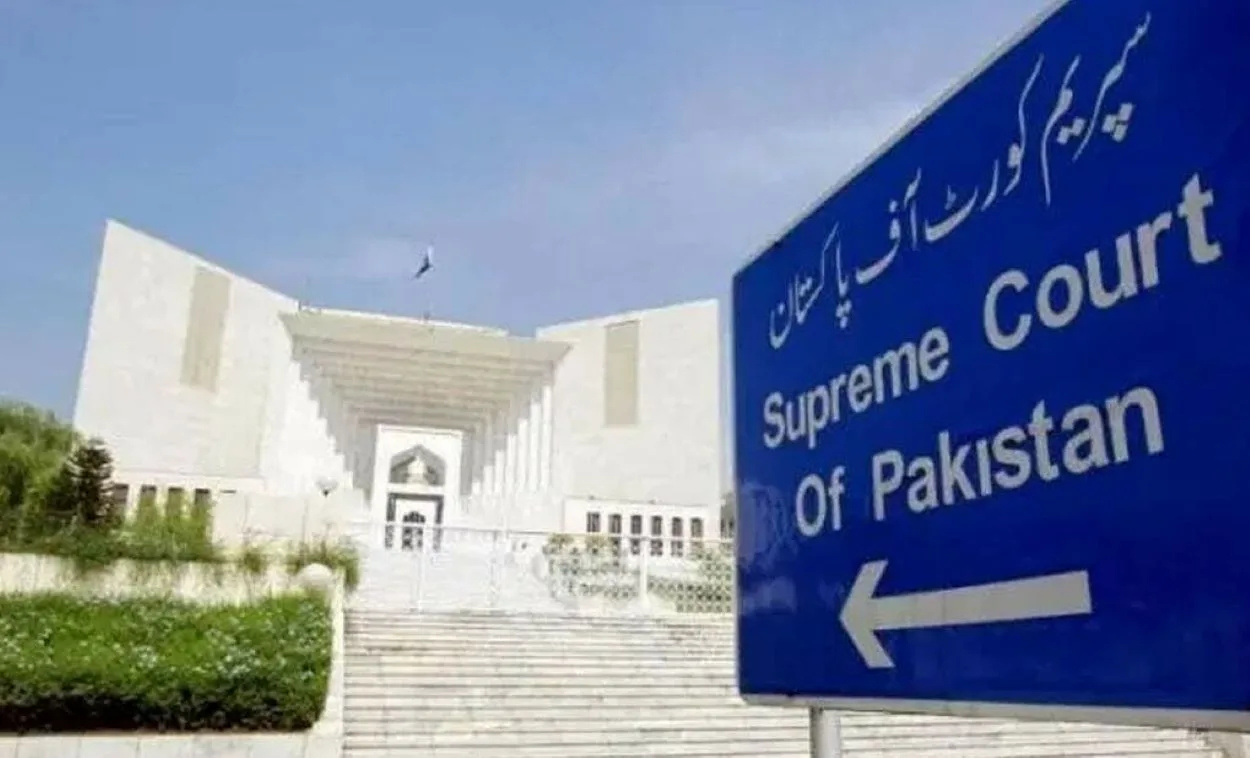The Supreme Court is set to announce its decision on the Supreme Court (Review of Judgments and Orders) Act 2023 today at 11am. This ruling is expected to influence the political careers of former premier Nawaz Sharif and Istehkam-e-Pakistan Party (IPP) chief Jahangir Tareen. The bench, led by Chief Justice Umar Ata Bandial and including Justice Ijazul Ahsan and Justice Munib Akhtar, reserved its judgment on June 19.
Multiple hearings from June 7 to June 19 debated petitions challenging this new law. Due to their linkage, the Election Commission of Pakistan’s (ECP) review petition against the Punjab election order was also merged into this case. Under the new act, the same bench that issued the original Punjab polls order could not hear the review plea. Various parties have challenged the act, prompting extensive legal discussions on the court’s jurisdiction and powers.
Nawaz, Jahangir, and the Political Landscape
Both Nawaz Sharif and Jahangir Tareen keenly await the ruling as it pertains to their political futures. Nawaz has resided in London since November 2019, following his conviction by an accountability court. His past includes a prime ministerial resignation due to asset concealment and subsequent convictions. Meanwhile, Tareen, once closely associated with Khan, was barred from politics in 2017 by the Supreme Court, which deemed him “dishonest.” If the verdict supports the petitions, it could mark their significant return to the political arena.
Understanding the Review Law
The new law, instituted during the coalition government’s term, seeks to bolster the Supreme Court’s authority to reassess its judgments and orders. It emphasizes safeguarding citizens’ fundamental rights by offering a more comprehensive review of judgments made by the Supreme Court. The law also details the review process, delineating who hears petitions and the timelines involved.






